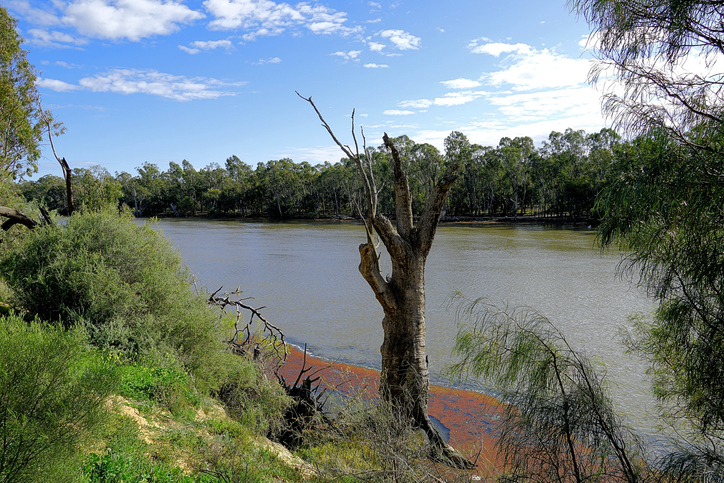http://gty.im/1208480986 Stakeholder engagement is considered an essential part of water governance with clear links to improved environmental and social outcomes (Johnston, 2018). While river governance places rules that govern the activity of key stakeholders in the river system, the formation of these rules require engagement by the same organisations and stakeholders in the system that these rules govern. Australia’s water crises sit at the very social nexus of this system, that is complex hydrological cycles complicated by intense conflict and competition of water use among stakeholders. The Murray Darling Basin Authority (MDBA), Australia’s largest and most significant basin authority, implemented an adaptive basin management framework – the Basin Plan –to improve stakeholder engagement with a goal to achieve better social and environmental outcomes. However, reviews have raised serious concerns about the effectiveness of stakeholder engagement (Nikolakis, et al. 2015), and its ad hoc nature (Head et al., 2016), hindering the success of the Basin Plan and engagement outcomes (Productivity Commission, 2018 and 2021). While recent calls have been made to understand socio-cultural influences on stakeholder engagement, international research on stakeholder engagement tends to focus on case study analysis of specific contexts, but their findings are often not comparable; hence, the knowledge base is too fragmented to support more general insights (Wei et al., 2018).
To respond to this gap, this project aims to develop a diagnostic tool that will measure the structure and form of socio-culturally derived stakeholder engagement at a system level within river basin governance context to improve socio-economic and environmental benefits from water (Figure 1). It will use detailed analysis of stakeholder engagement in the water management in the Murray-Darling Basin (MDB) since 1900 as a complex evolutionary case, and included within this analysis are the presence and impacts of marginalised, dissident and diverse voices, and the significance of stakeholder engagement in identifying and securing input from these groups and individuals. Specifically this project will
1) Develop a structured measurement system that monitors and evaluates stakeholder engagement during water management decision-making processes;
2) Track the evolution of stakeholder values of water issues over time;
3) Investigate and map the evolution of water uses among different stakeholders at catchments over time; and
4) Analyse the co-evolution (dynamic feedback/interaction) between values on water, engagement processes in water management decision-making, and actual water uses of stakeholders at catchments, and develop a diagnostic tool that monitors and evaluates stakeholder engagement.
On completion, this project will contribute to analytical and normative understanding of stakeholder engagement by measuring its structures and explicitly relate stakeholder engagement to both its primary driver (societal values) and its impact on social and environmental outcomes reflected as actual water use at catchments over time (Figure 1). Practically, this project will develop a diagnostic tool (for use by river authorities, government agencies etc) to improve stakeholder engagement for the achievement of more diverse, fair and adaptive river basin governance.
This ARC Discovery Grant project being led by Professor Yongping Wei (UQ) with Professor Brian Head (UQ) and Professor Kim Johnston (QUT).
